Home>Home Maintenance>How Long Does The Average Home Inspection Last?
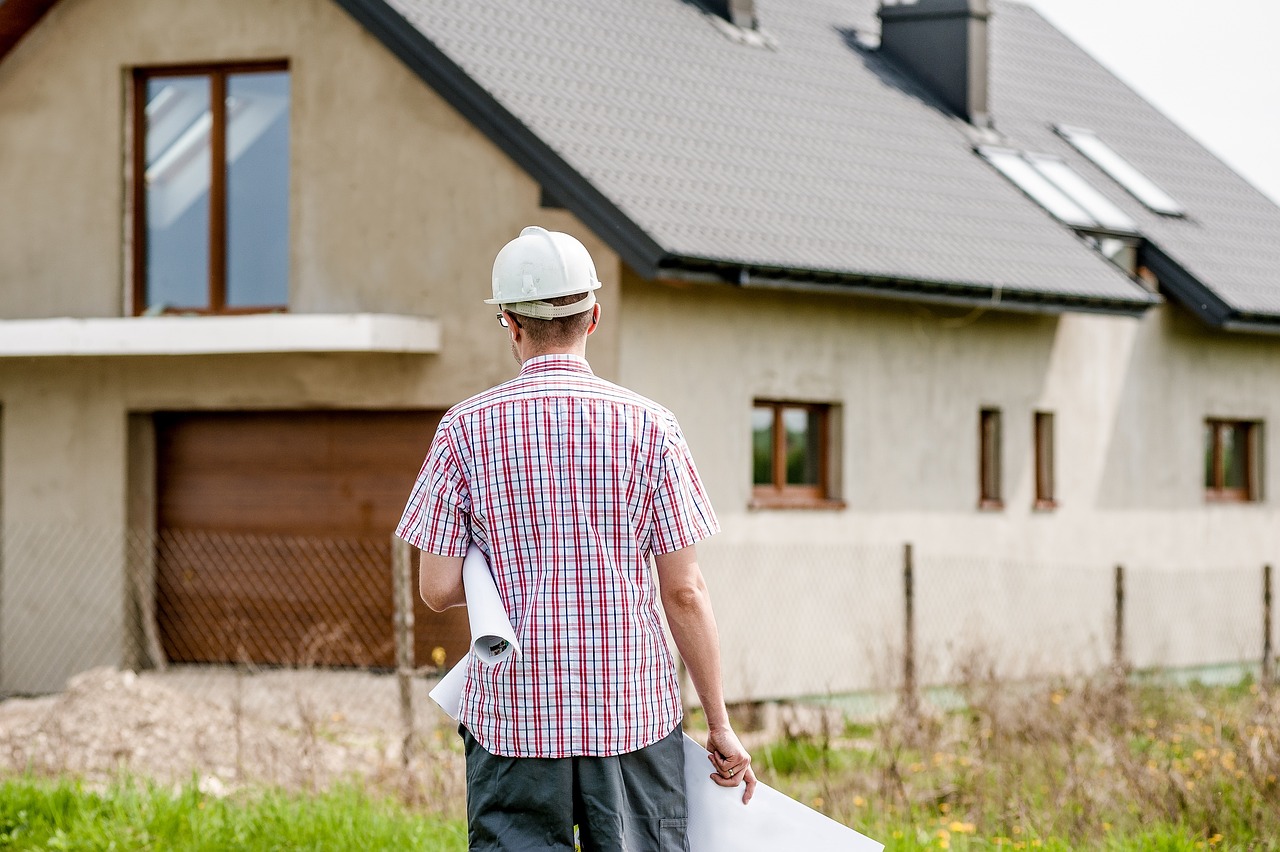

Home Maintenance
How Long Does The Average Home Inspection Last?
Modified: March 6, 2024
Looking for a home inspection? Discover how long it takes to complete a thorough inspection and ensure proper home maintenance.
(Many of the links in this article redirect to a specific reviewed product. Your purchase of these products through affiliate links helps to generate commission for Storables.com, at no extra cost. Learn more)
Introduction
Welcome to the world of home maintenance! Whether you are a first-time homeowner, seasoned DIY enthusiast, or just someone who cherishes their living space, it is important to maintain and care for your home. One crucial aspect of home maintenance is getting regular home inspections. In this article, we will delve into the duration of a home inspection and explore various factors that can affect its timing.
A home inspection is a comprehensive examination of a residential property, conducted by a qualified professional. It involves a thorough assessment of the home’s structural integrity, electrical and plumbing systems, HVAC (heating, ventilation, and air conditioning) system, roofing, and other essential components. The purpose of a home inspection is to identify any existing issues, potential problems, or safety concerns that may need to be addressed.
Getting a home inspection provides homeowners with valuable insights into the overall condition of their property. It serves as a preventative measure, allowing homeowners to take proactive steps to maintain and improve their home’s condition. By identifying issues early on, homeowners can prevent small problems from becoming major, costly repairs down the line.
Key Takeaways:
- Home inspections typically last 2-4 hours, but factors like property size, condition, and accessibility can affect the duration. It’s important to prioritize accuracy over speed for a thorough evaluation.
- Hiring a qualified home inspector is crucial for an objective assessment of a property’s condition. Their expertise ensures an accurate evaluation, identification of safety hazards, and peace of mind for homeowners and buyers.
Purpose of a Home Inspection
A home inspection serves multiple purposes and offers several benefits for homeowners. Let’s take a closer look at its primary objectives:
- Evaluating Safety: One of the main purposes of a home inspection is to assess the safety of the property. The inspector examines the home’s structural elements, electrical systems, plumbing, and other key areas to identify any potential safety hazards. This includes checking for faulty wiring, plumbing leaks, unstable foundations, and more. By uncovering these issues, homeowners can ensure the safety of their family and take the necessary steps to mitigate any risks.
- Identifying Structural and Mechanical Issues: A home inspection aims to uncover any structural or mechanical problems that may affect the integrity and functioning of the property. This includes assessing the condition of the roof, walls, floors, windows, doors, and HVAC system. Any deficiencies or signs of deterioration can be identified during the inspection, allowing homeowners to address them promptly and preserve the value of their investment.
- Providing Peace of Mind: For homebuyers, a home inspection offers peace of mind by providing a comprehensive evaluation of the property they intend to purchase. It allows them to make an informed decision about the condition of the home and any potential repairs or maintenance that may be required. Additionally, sellers can benefit from a pre-listing inspection, as it allows them to address any issues before putting their property on the market.
- Ensuring Compliance: Home inspections also play a crucial role in ensuring compliance with local building codes and regulations. Inspectors are well-versed in these requirements and can identify any areas where the property may not meet the necessary standards. This is particularly important when it comes to the safety and structural integrity of the home.
In summary, a home inspection is conducted to evaluate safety, identify structural and mechanical issues, provide peace of mind, and ensure compliance with building codes. It is an essential step in the home maintenance process, allowing homeowners to address any potential problems and maintain the overall condition and value of their property.
Benefits of Getting a Home Inspection
Getting a home inspection offers numerous benefits for homeowners, whether buying, selling, or maintaining a property. Let’s explore some of the advantages:
- Knowledge of Property Condition: A home inspection provides an in-depth assessment of the property’s condition, giving homeowners valuable information about its strengths and weaknesses. This knowledge allows homeowners to make informed decisions regarding repairs, maintenance, and potential renovations.
- Identification of Hidden Issues: Even a well-maintained home can have hidden problems that may not be visible to the untrained eye. A professional inspector has the expertise to uncover these concealed issues, such as hidden water leaks, pest infestations, mold growth, or structural weaknesses. Identifying these issues early on can save homeowners from costly repairs and potential health hazards.
- Negotiation Power: For those in the process of buying or selling a home, a home inspection can provide valuable negotiation power. If the inspection reveals any major issues, buyers can use this information to renegotiate the price or request repairs before finalizing the purchase. Sellers, on the other hand, can address any identified issues beforehand to ensure a smoother sale and potentially maximize their property’s value.
- Protecting the Investment: Your home is likely one of your most significant investments. A home inspection helps protect this investment by highlighting any immediate or long-term issues that may impact its value. By addressing these concerns promptly, homeowners can maintain and even increase their property’s value over time.
- Maintaining a Safe Environment: A home inspection is critical for ensuring the safety of your living environment. By identifying potential safety hazards such as faulty electrical wirings, gas leaks, carbon monoxide issues, or unstable structures, homeowners can take the necessary steps to eliminate risks and create a safer home for themselves and their families.
- Peace of Mind: For both buyers and current homeowners, a home inspection provides peace of mind. Knowing that a professional has thoroughly examined the property and has not discovered any major issues can alleviate concerns and provide reassurance about the overall condition of the home.
Overall, a home inspection offers a range of benefits, including knowledge of property condition, identification of hidden issues, negotiation power, protecting the investment, maintaining a safe environment, and peace of mind. It is an investment that can pay off in the long run by saving homeowners from unexpected expenses and ensuring the longevity and well-being of their home.
Factors Affecting the Duration of a Home Inspection
Home inspections can vary in duration depending on various factors. While there is no fixed time for a home inspection, several key factors can affect how long it takes to complete the process. Here are some of the main factors that impact the duration:
- Size and Complexity of the Property: The size and complexity of the property being inspected are significant factors in determining the inspection duration. Larger homes or properties with intricate designs, multiple floors, or extensive outdoor areas may require more time for a comprehensive inspection.
- Condition of the Property: The condition of the property can also affect the duration of the inspection. If the property is well-maintained and in good condition, the inspection may be quicker compared to a property that has visible issues or signs of neglect. Identifying and documenting any issues or areas that require attention takes more time in such cases.
- Accessibility: Accessibility to various areas of the property can impact the inspection duration. If there are obstacles or restricted access to certain areas, it may take additional time for the inspector to examine those areas properly.
- Age of the Property: Older properties often have more components and systems that require inspection, such as outdated electrical systems, plumbing systems, or aging roofs. Inspecting these older components thoroughly may require more time, as the inspector may need to carefully assess their condition and potential risks.
- Additional Services: If additional services, such as radon testing, termite inspections, or mold assessments, are requested, they can extend the overall duration of the inspection. These additional services require specialized equipment, additional testing, and thorough examination of specific areas.
- Engagement and Involvement: The level of engagement and involvement from the homeowner or client during the inspection can also impact the duration. If the homeowner has questions, wants to discuss findings, or participate in the inspection process, it may increase the overall time required to complete the inspection.
It is important to note that while these factors can extend or shorten the duration of a home inspection, the primary objective for any inspector is to provide a thorough and comprehensive evaluation of the property. Inspectors will prioritize accuracy and quality over speed to ensure that no issues are overlooked during the inspection process.
Average Time Duration for a Home Inspection
The average time duration for a home inspection can vary depending on the size, type, and condition of the property. While there is no set time frame, a typical home inspection can last anywhere from two to four hours. However, larger or more complex properties may require additional time for a thorough examination.
During the inspection, the inspector will carefully examine various components of the property, including the structural elements, roofing, electrical systems, plumbing, HVAC, and more. They will document any issues or deficiencies they find and provide a detailed report to the homeowner or client.
The duration of the inspection is influenced by several factors, including the factors mentioned earlier such as the size and complexity of the property, its condition, and the level of accessibility. It is important for homeowners to understand that a thorough and comprehensive inspection takes time to ensure that all areas are properly examined.
In addition to the physical inspection, the inspector may also take the time to discuss their findings with the homeowner or client, answer any questions, and provide recommendations for repairs or further evaluation by specialists if necessary. This additional interaction can contribute to the overall duration of the inspection.
It is worth mentioning that while the average time for a home inspection may be a few hours, the process may take longer for older homes, larger properties, or properties with additional services requested, such as radon testing or mold assessments. It is crucial not to rush the inspection process, as it is essential for identifying any potential issues that may need attention.
Homeowners should be prepared for the duration of the inspection and allocate enough time for the inspector to thoroughly assess the property. Being present during the inspection can also be beneficial as it allows homeowners to gain firsthand knowledge of the property’s condition and ask any questions they may have during the process.
All in all, the average time duration for a home inspection is typically a few hours, but it ultimately depends on the specific factors of the property being inspected. It is important to prioritize accuracy and thoroughness over speed to ensure the best possible evaluation of the property.
A typical home inspection can take 2-3 hours for an average-sized home. Larger or older homes may take longer. Be sure to schedule enough time for the inspection.
Read more: How Long Does Insulation Last
Factors That May Extend the Duration of a Home Inspection
There are several factors that can contribute to extending the duration of a home inspection. While it is important for the inspector to be thorough and comprehensive, certain circumstances may require additional time for examination and documentation. Here are some factors that may extend the duration of a home inspection:
- Significant Property Size: Larger properties, such as spacious estates or multi-story homes, generally require more time to inspect thoroughly. The increased square footage and multiple levels of these properties necessitate more time for the inspector to cover every aspect of the property.
- Complex Layout or Design: Properties with intricate designs, unique architecture, or complex layout features may require additional time for inspection. These features can include elaborate roofing systems, custom installations, or non-traditional floor plans, which necessitate extra attention from the inspector.
- Property Age and Condition: Older homes, especially those with historical significance, often have more intricate systems and components that require careful assessment. Outdated electrical systems, plumbing issues, and aging infrastructure require thorough inspection, potentially leading to a longer duration.
- Prioritizing Safety Concerns: Safety issues are of paramount importance during a home inspection. If the inspector identifies serious safety hazards, such as faulty wiring or structural instability, they will likely spend extra time assessing and documenting these concerns to ensure the homeowner is aware of the risks involved.
- Difficult Access to Areas: Some properties may have difficult-to-reach areas, such as crawl spaces, attics, or utility rooms. These spaces may require additional time for the inspector to access and thoroughly examine. Restricted access areas may hide potential problems that need to be properly evaluated.
- Additional Testing or Specialized Inspections: If additional testing is requested, such as radon testing, mold assessments, or asbestos inspections, it can add to the overall duration of the home inspection. These specialized tests require additional equipment and the need for precise measurements and analysis.
- Extensive Report Writing: After completing the physical inspection, the inspector must prepare a detailed report outlining their findings, observations, and recommendations. Writing a comprehensive report can be a time-consuming process, especially if there are numerous issues or complex technical information that needs to be articulated effectively.
It is crucial for homeowners to understand that the primary objective of a home inspection is to provide a detailed and accurate evaluation of the property. While these factors may extend the duration, they ensure that no potential issues are overlooked. It is always recommended to allow the inspector sufficient time to thoroughly examine the property and provide a comprehensive report.
If you have concerns about the duration of the inspection, it is best to communicate with the inspector beforehand and inquire about the estimated time required based on the specific circumstances of your property.
Factors That May Shorten the Duration of a Home Inspection
While the duration of a home inspection can vary depending on various factors, there are certain circumstances that may shorten the overall time needed for the inspection. Here are some factors that can contribute to a shorter inspection duration:
- Smaller Property Size: Generally, smaller properties, such as condos or townhouses, require less time for inspection compared to larger homes or estates. The reduced square footage allows the inspector to cover all areas efficiently.
- Simple Property Layout: Properties with straightforward designs and uncomplicated layouts typically require less time for inspection. Homes with standard floor plans, minimal levels, and basic roofing structures can be examined more quickly.
- Newer Construction: Newly constructed properties often have fewer issues to address compared to older homes. With modern building standards and up-to-date systems, there is generally less need for extensive examination, resulting in a shorter inspection duration.
- Well-Maintained Property: A property that has been well-maintained by the homeowner is likely to have fewer underlying issues. Regular maintenance and upkeep can minimize the time required for inspection, as there are fewer potential problems to identify and document.
- Good Accessibility: Properties with easy access to all areas undergoing inspection can expedite the process. Unobstructed access to attics, crawl spaces, utility areas, and other critical components allows the inspector to conduct a thorough examination without delays.
- No Additional Testing Required: If additional testing services, such as radon or mold testing, are not necessary, it can significantly reduce the overall inspection duration. These supplementary tests require extra time and specialized equipment.
- Minimal Safety Concerns: Properties with no major safety hazards or significant structural issues can lead to a shorter inspection duration. The absence of serious safety concerns allows the inspector to focus on evaluating other aspects of the property efficiently.
- Efficient Report Writing: Inspectors who are experienced and adept at report writing can complete their documentation quickly and provide a comprehensive report in a shorter timeframe. Efficient report writing reduces the time required after the inspection process is completed.
While these factors may contribute to a shorter home inspection, it is important to remember that thoroughness should not be compromised. The primary objective is to provide an accurate assessment of the property’s condition, regardless of the inspection duration.
It is recommended to discuss these factors with your home inspector before the inspection begins. Understanding the specific circumstances of your property will give you a better idea of the anticipated duration and ensure that the inspection is conducted effectively and efficiently.
Importance of Hiring a Qualified Home Inspector
When it comes to home inspections, hiring a qualified and experienced professional is of utmost importance. A skilled home inspector plays a crucial role in ensuring the accuracy and thoroughness of the inspection process. Here are some reasons why hiring a qualified home inspector is essential:
- Expertise and Knowledge: Qualified home inspectors have the necessary expertise and knowledge to assess various aspects of a property. They have undergone extensive training and have a deep understanding of building systems, codes, regulations, and potential issues that may arise. Their expertise allows them to provide an accurate evaluation of the property’s condition.
- Thorough Examination: A qualified home inspector will conduct a comprehensive examination of the property, assessing its structural integrity, electrical systems, plumbing, HVAC, roofing, and more. They have the tools and skills to identify both visible and hidden issues, ensuring that no potential problems go unnoticed.
- Objective Assessment: Hiring a qualified home inspector ensures an objective assessment of the property. They do not have a vested interest in the sale or purchase of the home, allowing them to provide an impartial evaluation. Their objective viewpoint provides homeowners and buyers with valuable insights into the property’s condition.
- Identification of Safety Hazards: Home inspectors are trained to identify potential safety hazards in a property. They can detect faulty wiring, plumbing leaks, structural instability, mold growth, and other issues that may pose a risk to the inhabitants. Identifying these hazards allows homeowners to take prompt action to mitigate safety concerns.
- Preventative Maintenance: A qualified home inspector can provide homeowners with recommendations for preventative maintenance based on the inspection findings. By addressing minor issues before they become major problems, homeowners can proactively maintain their property and potentially save costs on future repairs.
- Peace of Mind: Engaging a qualified home inspector offers peace of mind for both buyers and sellers. Buyers can confidently make informed decisions about the property based on the inspector’s evaluation. For sellers, a pre-listing inspection provides peace of mind by identifying any potential issues that can be addressed before putting the property on the market.
- Compliance with Regulations: Home inspectors are well-versed in local building codes and regulations. Hiring a qualified home inspector ensures that the property is evaluated for compliance and any issues or deficiencies can be identified. This compliance is crucial for the safety and long-term value of the property.
Investing in a qualified home inspector is a worthwhile decision that can help homeowners and buyers make informed decisions about the condition of a property. It provides an accurate evaluation of the property’s condition, identifies potential issues, ensures compliance with regulations, and offers peace of mind. With their expertise and knowledge, a qualified home inspector is an invaluable asset during the home inspection process.
Frequently Asked Questions about Home Inspections
Home inspections can sometimes be complex, leading to questions and uncertainties for homeowners and buyers. Here are answers to some frequently asked questions to help clarify common concerns:
-
- Why is a home inspection necessary?
A home inspection is necessary to assess the overall condition of a property, identify any potential issues or safety concerns, and provide valuable information to homeowners or buyers. It helps them make informed decisions about maintenance, repairs, and potential negotiations.
-
- Who should hire a home inspector?
Homebuyers, sellers, and homeowners looking to evaluate the condition of their property can hire a home inspector. Whether you are buying a new home, selling your current property, or simply seeking a comprehensive assessment, a home inspection can provide valuable insights.
-
- When should a home inspection be conducted?
A home inspection should ideally take place during the due diligence period of a real estate transaction. This period allows potential buyers to conduct their inspections and review the findings before finalizing the purchase. For homeowners, regular inspections can help identify maintenance issues that need attention.
-
- Can I be present during the home inspection?
Absolutely! It is highly recommended for homeowners or buyers to be present during the home inspection. Being present allows you to observe the inspector’s process, ask questions, and gain firsthand knowledge of the property’s condition. It can also provide an opportunity to get a better understanding of any issues that may arise.
-
- What does a home inspector look for during an inspection?
A home inspector typically assesses the structural components, mechanical systems, electrical systems, plumbing, roofing, and more. They will look for any visible defects, signs of water damage, safety hazards, or potential issues that may need attention or further evaluation.
-
- What if issues are found during the home inspection?
If issues are found during the home inspection, it is important to review the inspector’s findings and discuss them with your real estate agent or attorney. Depending on the severity of the issues, you may negotiate repairs or adjust the sale price. Sellers may choose to address the issues before listing the property.
-
- Are all home inspectors the same?
No, home inspectors can vary in terms of qualifications, experience, and scope of expertise. It is essential to hire a qualified and reputable home inspector who has the necessary certifications, licenses, and insurance. Research and ask for recommendations to find a reliable professional.
-
- Do home inspectors provide repair estimates?
Home inspectors typically do not provide repair estimates. Their role is to identify and document any issues or areas of concern. However, they may offer recommendations for further evaluation by specialists or contractors who can provide repair estimates.
-
- Can a home inspection guarantee that there are no hidden issues?
No, a home inspection cannot guarantee the absence of hidden issues. Inspectors can only evaluate the visible components and accessible areas of a property. However, their expertise and thoroughness significantly reduce the chances of major hidden issues going unnoticed.
It is important to consult with a qualified home inspector and address any specific questions or concerns you may have related to your property. Their knowledge and expertise will help guide you through the inspection process and provide you with the necessary information to make well-informed decisions.
Conclusion
Home inspections are a critical part of home maintenance and the buying or selling process. By understanding the duration and factors that can affect it, homeowners and buyers can better prepare for the inspection process. Hiring a qualified home inspector is essential to ensure a thorough evaluation and accurate assessment of the property’s condition.
During a home inspection, factors such as the size, complexity, condition, and accessibility of the property may influence its duration. Larger or more intricate homes, older properties, and additional testing or services can extend the inspection timeframe. On the other hand, smaller properties, well-maintained homes, and good accessibility can shorten the inspection duration.
Regardless of the duration, the primary goal of a home inspection is to provide a comprehensive evaluation and identify any existing or potential issues. This information is invaluable for homeowners to prioritize maintenance, make informed decisions, negotiate repairs or prices, and ensure the safety and longevity of their property.
Remember to actively participate in the inspection process, ask questions, and be present during the inspection if possible. This allows you to gain insights into the property and have a clear understanding of any concerns or recommendations provided by the home inspector.
In conclusion, a home inspection is an essential step in maintaining the condition and value of your home or making informed decisions as a buyer. By hiring a qualified home inspector, understanding the factors that affect the duration, and being present during the inspection, you can ensure a thorough evaluation and peace of mind in your home maintenance journey.
Frequently Asked Questions about How Long Does The Average Home Inspection Last?
Was this page helpful?
At Storables.com, we guarantee accurate and reliable information. Our content, validated by Expert Board Contributors, is crafted following stringent Editorial Policies. We're committed to providing you with well-researched, expert-backed insights for all your informational needs.
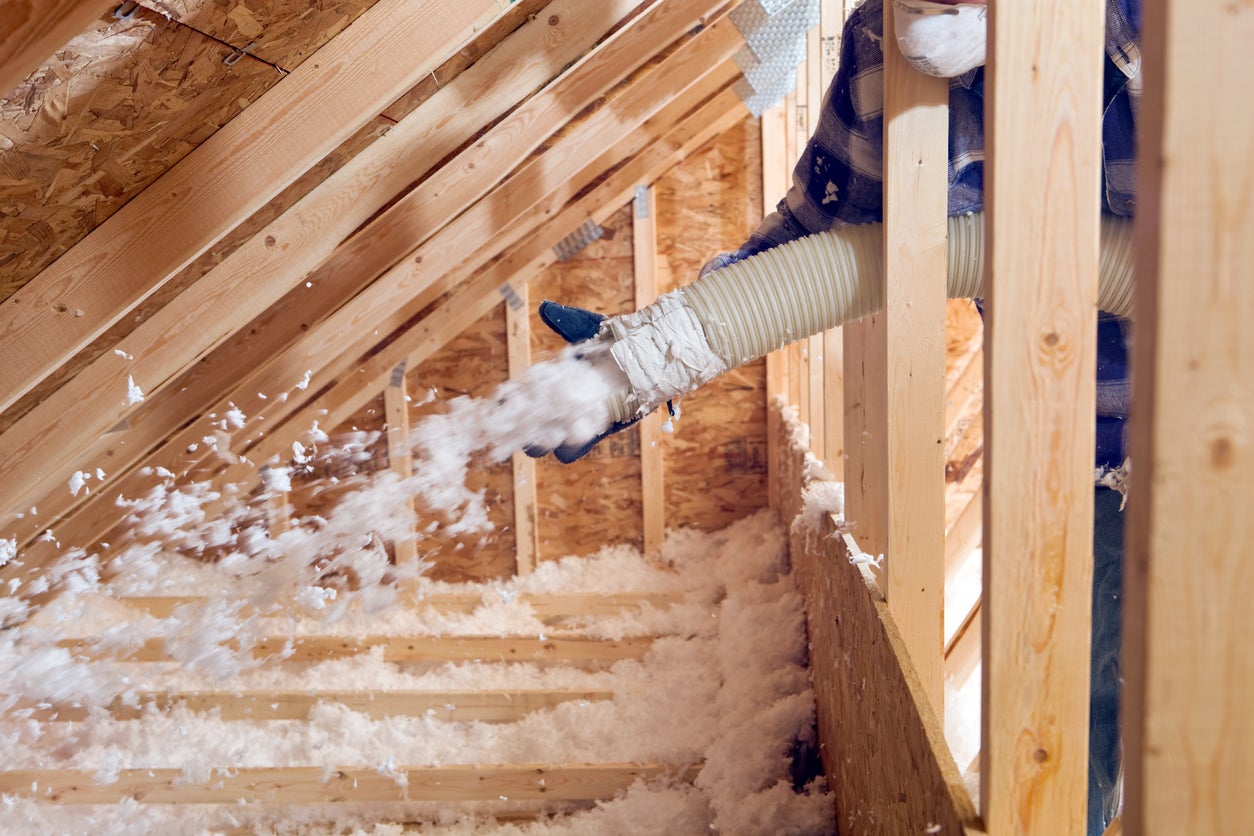
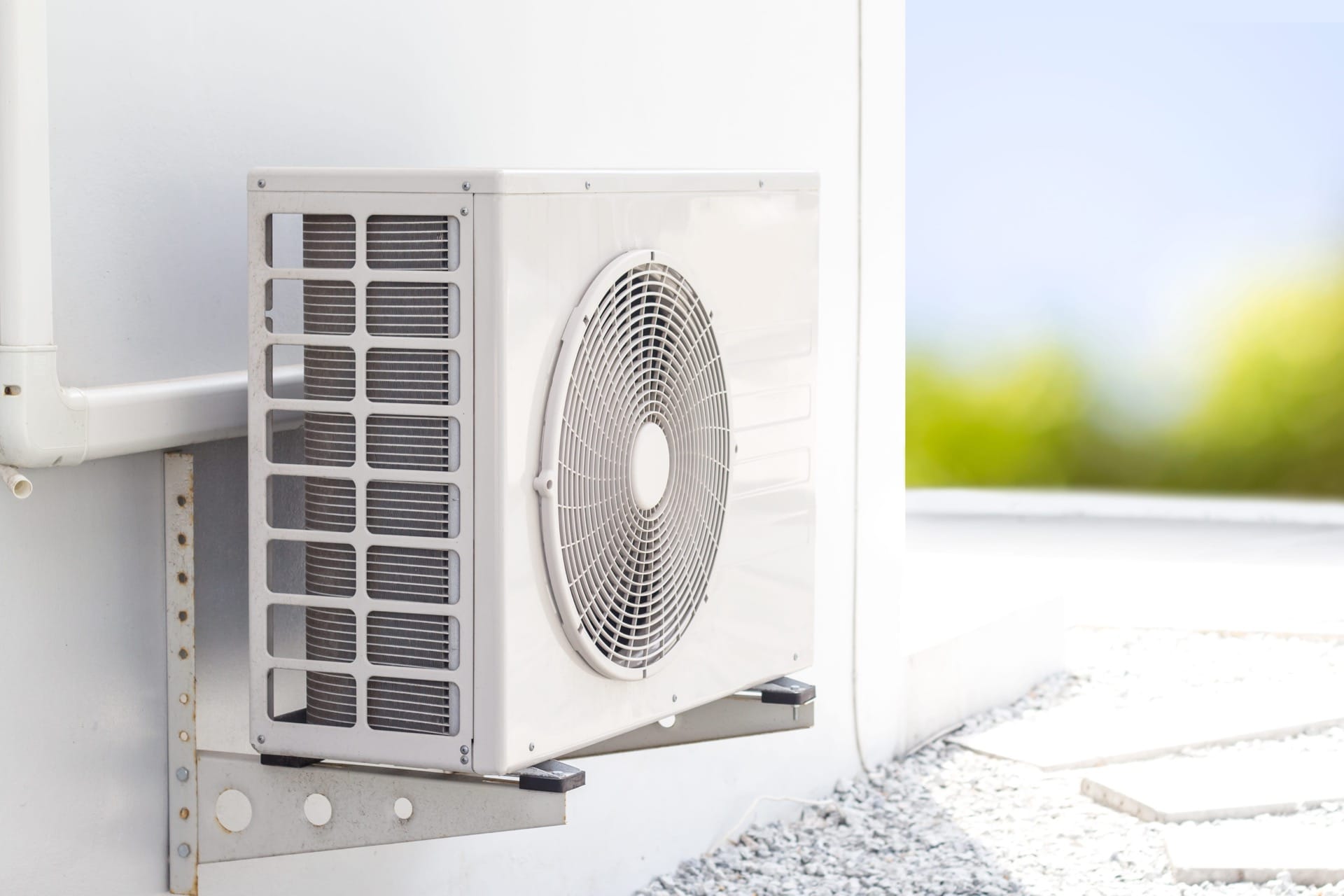
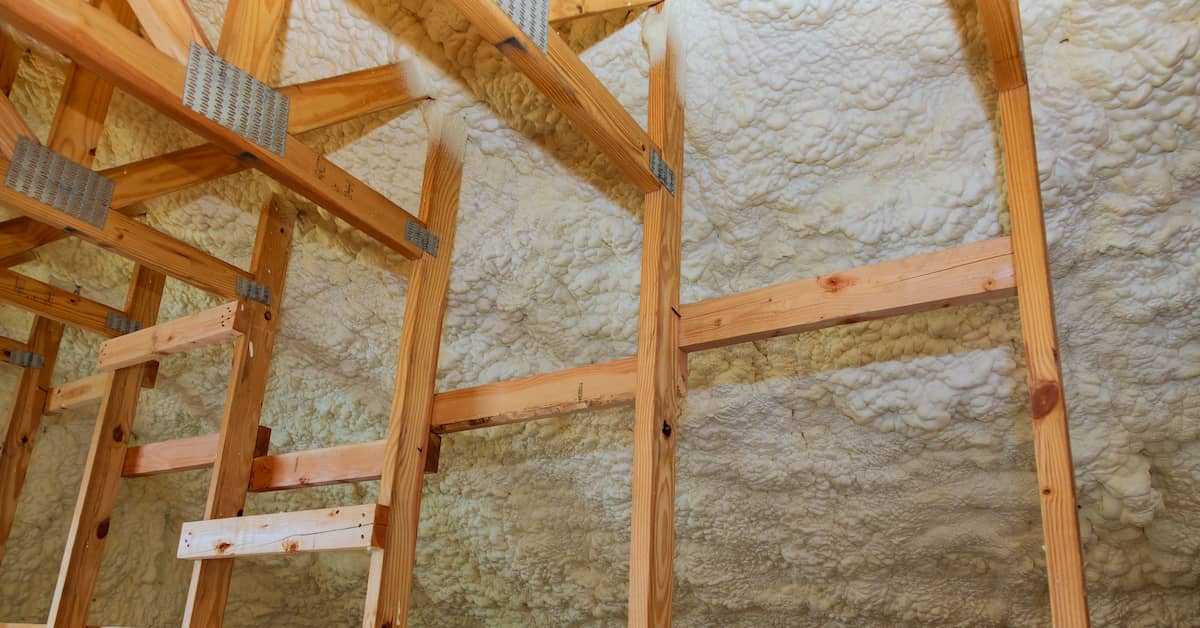
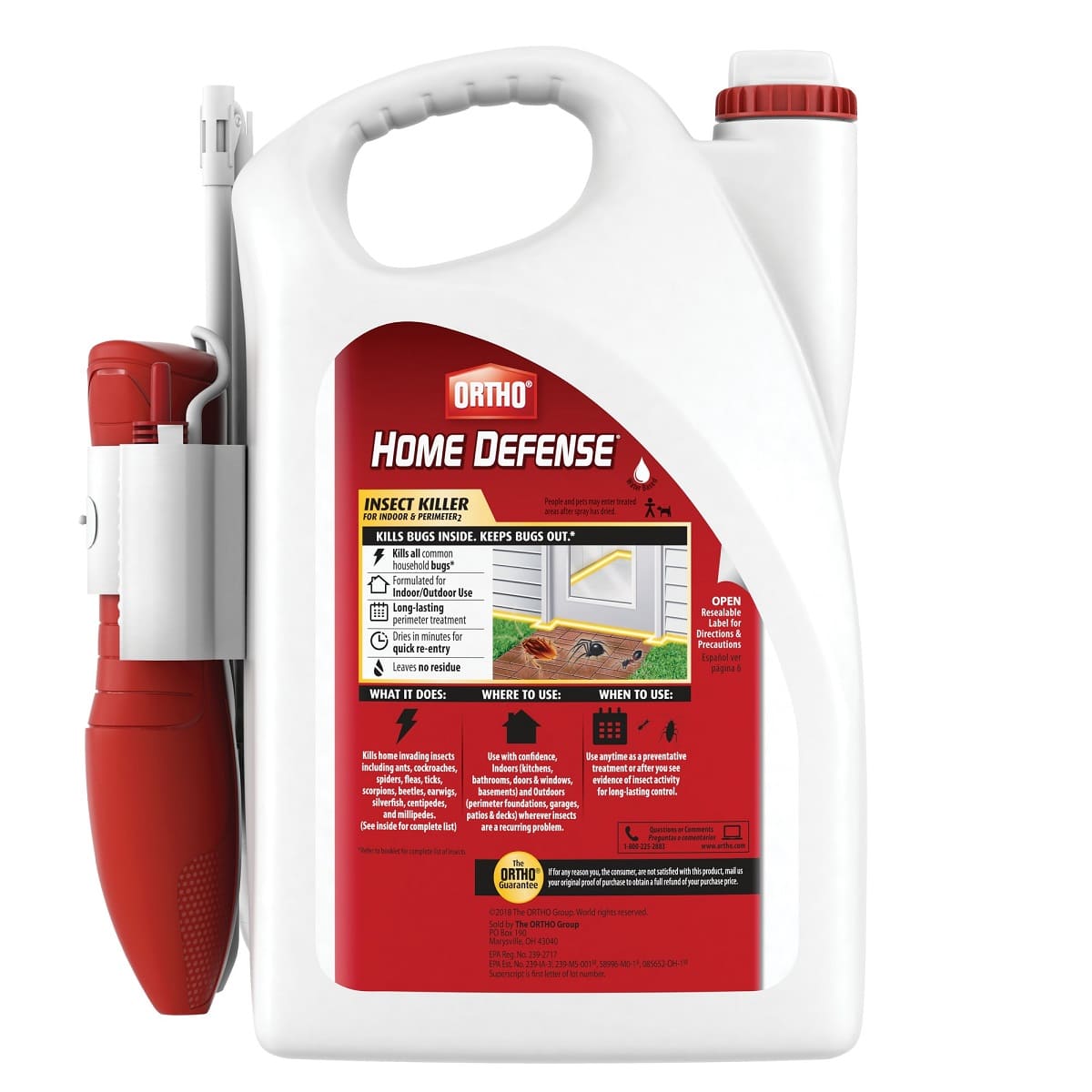


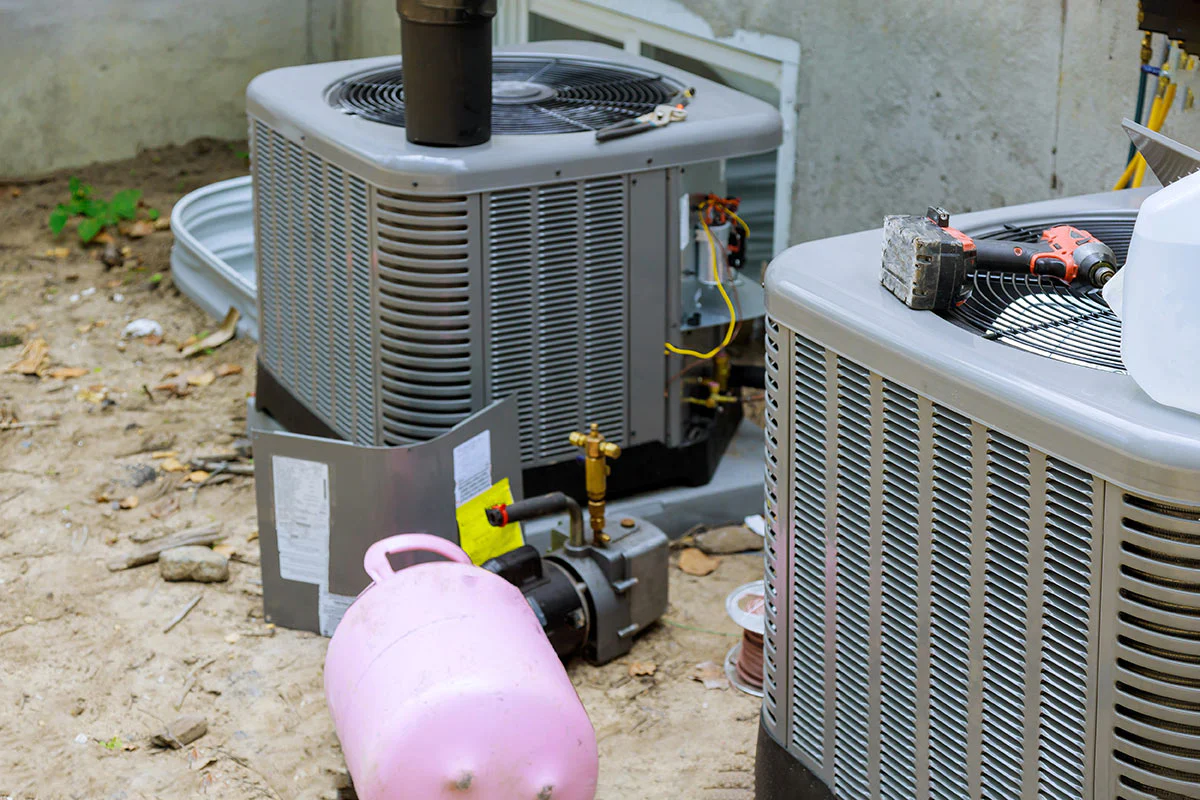

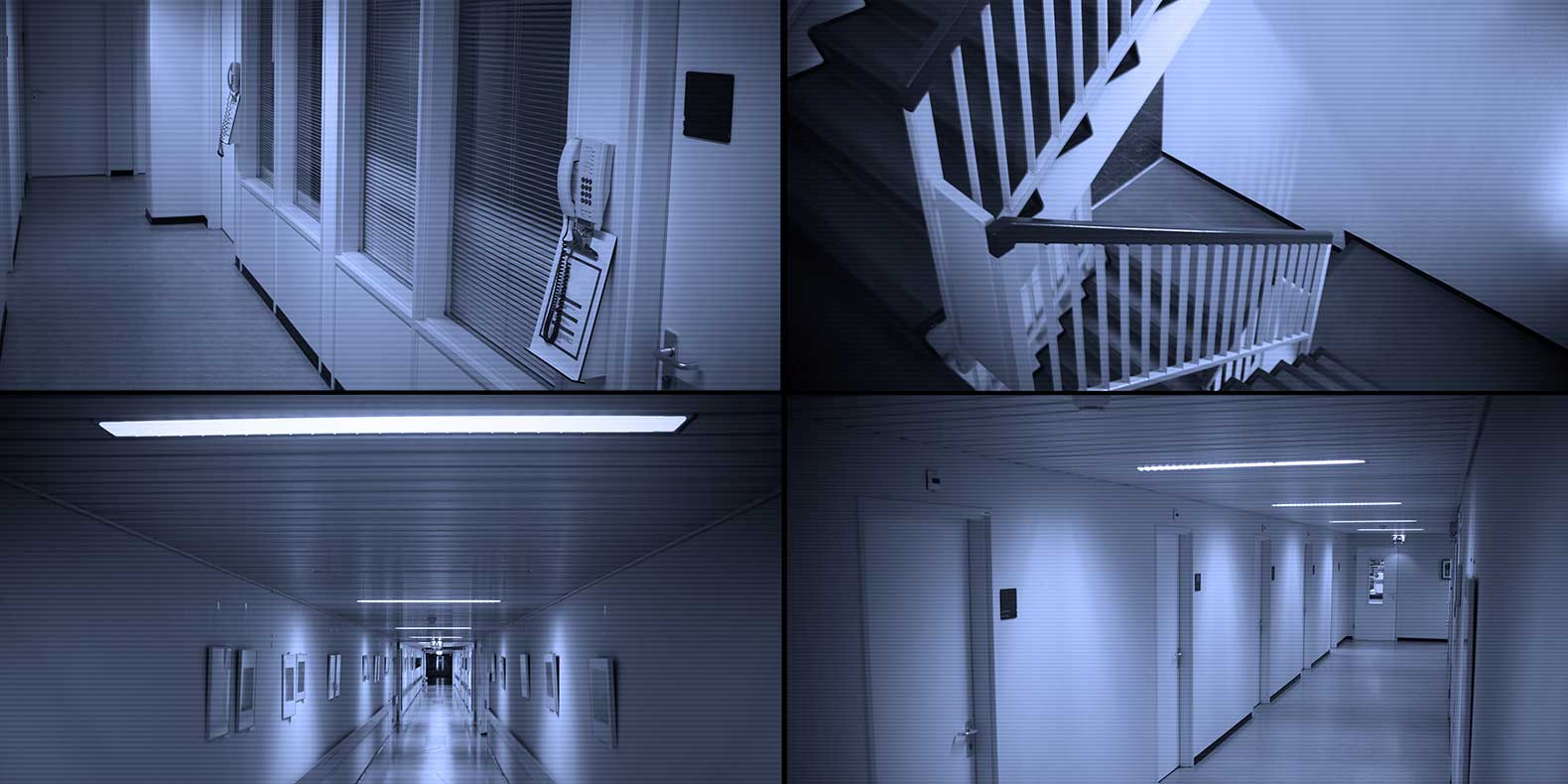
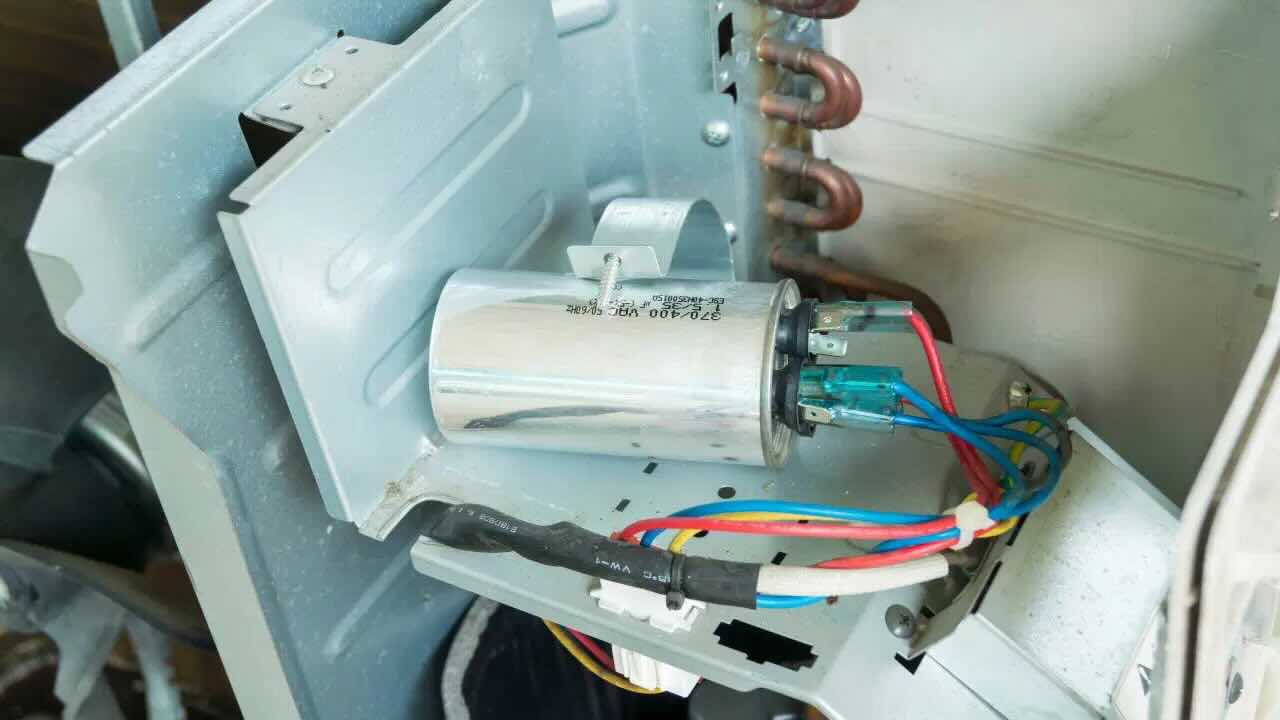
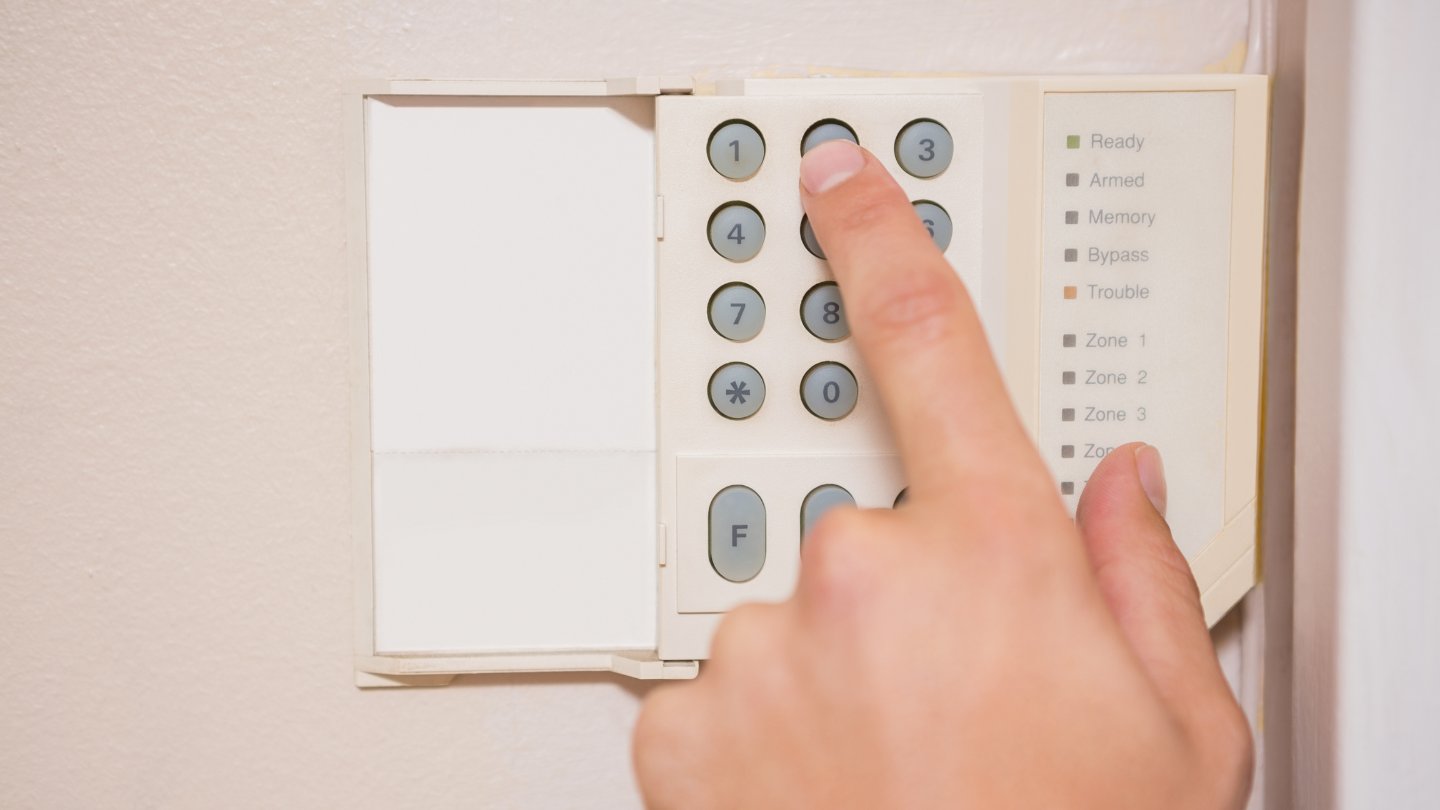

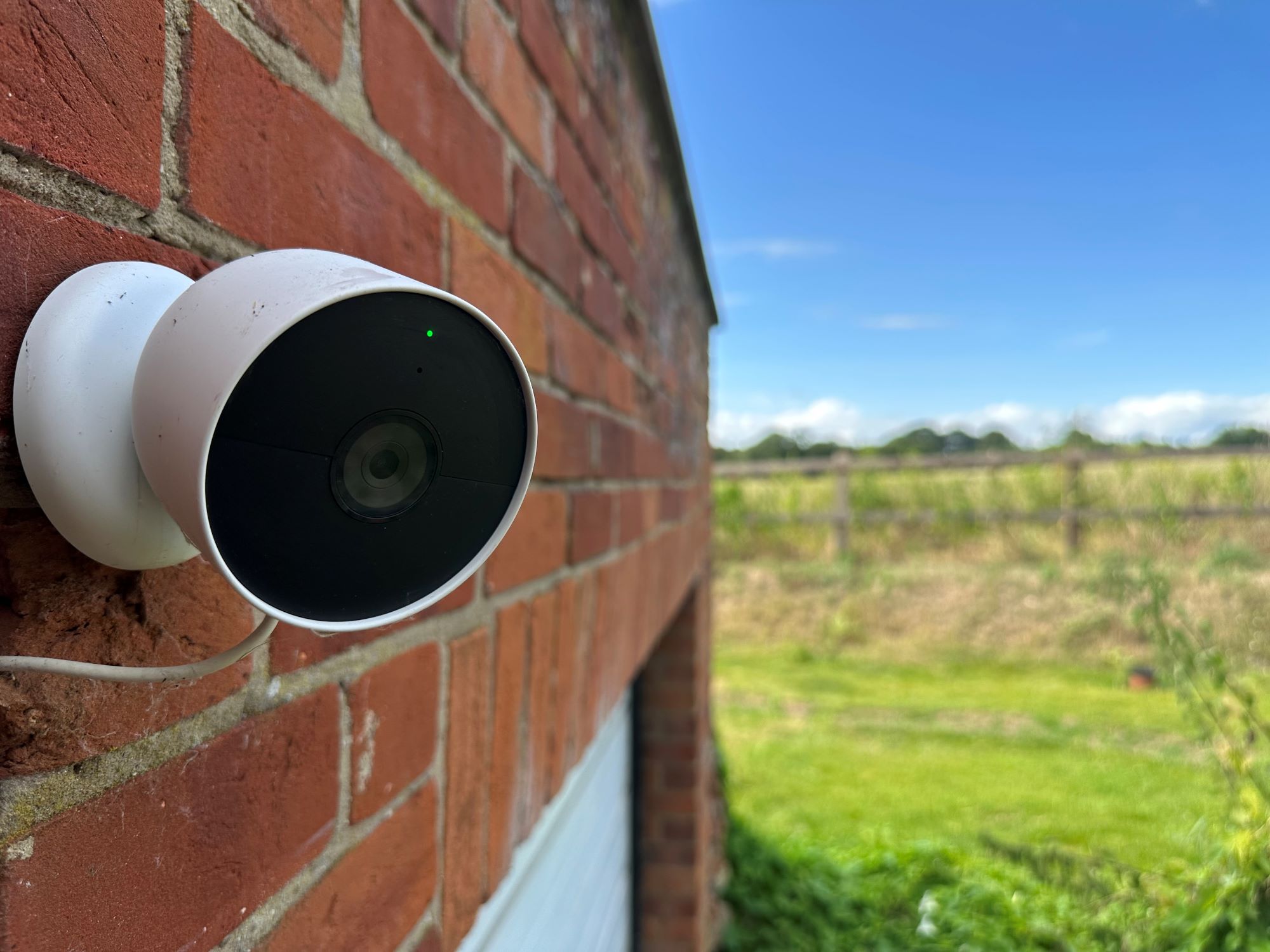

0 thoughts on “How Long Does The Average Home Inspection Last?”